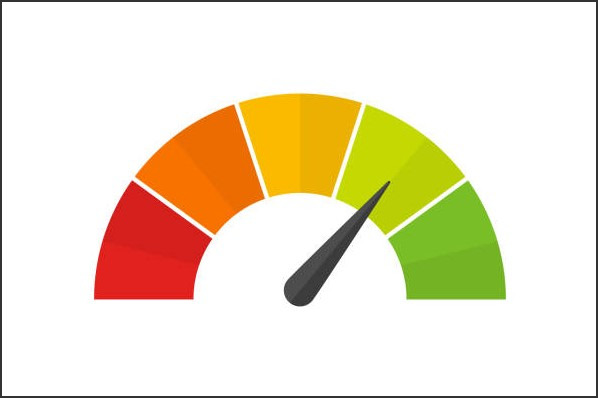
Emotional dysregulation is a condition that affects many people and can have a significant impact on their lives. It is characterized by difficulty managing emotions, which can lead to feelings of distress, anxiety, and depression. Fortunately, there are a variety of treatments available to help individuals manage their emotional health. This article will discuss some of the most effective strategies for managing emotional dysregulation, including cognitive-behavioral therapy, mindfulness-based interventions, and medication. By understanding the different treatment options available, individuals can find the best approach for managing their emotional health.
Exploring the Benefits of Cognitive Behavioral Therapy for Emotional Dysregulation Treatment
Cognitive Behavioral Therapy (CBT) is a form of psychotherapy that has been used to treat a variety of mental health issues, including emotional dysregulation. Emotional dysregulation is a condition in which an individual has difficulty controlling their emotions, leading to intense and unpredictable reactions. This can have a significant impact on an individual’s quality of life, making it difficult to maintain relationships and perform daily tasks.
CBT is a type of psychotherapy that focuses on helping individuals identify and modify their thoughts and behaviors in order to improve their emotional regulation. It is based on the idea that our thoughts, feelings, and behaviors are all interconnected and can influence each other. Through CBT, individuals learn to recognize and challenge their negative thoughts and replace them with more positive and realistic ones. They also learn to identify and modify their behaviors in order to better manage their emotions.
The benefits of CBT for emotional dysregulation treatment are numerous. It can help individuals better understand their emotions and the triggers that lead to them. It can also help individuals develop coping strategies to manage their emotions in a more effective way. Additionally, CBT can help individuals identify and modify their thought patterns in order to reduce the intensity of their emotional reactions.
CBT has been found to be an effective treatment for emotional dysregulation, with research showing that it can lead to significant improvements in emotional regulation, mood, and quality of life. It is also a relatively short-term treatment, with most individuals completing treatment within 12-20 sessions.
Overall, Cognitive Behavioral Therapy is an effective treatment for emotional dysregulation. It can help individuals better understand and manage their emotions, leading to improved emotional regulation, mood, and quality of life.
Understanding the Role of Dialectical Behavior Therapy in Treating Emotional Dysregulation
Dialectical Behavior Therapy (DBT) is an evidence-based psychotherapy that has been proven to be effective in treating individuals with emotional dysregulation. Emotional dysregulation is a condition in which an individual has difficulty controlling their emotions, resulting in intense and frequent emotional outbursts. DBT is a type of cognitive-behavioral therapy that focuses on helping individuals learn to regulate their emotions and manage their distress.
DBT is based on the idea that individuals can learn to accept and manage their emotions, rather than trying to suppress them. It emphasizes the importance of developing a balance between acceptance and change. DBT teaches individuals to accept their emotions and learn to cope with them in a healthy way. It also encourages individuals to make changes in their behavior and environment that will help them better manage their emotions.
The primary goal of DBT is to help individuals learn to regulate their emotions and manage their distress. To achieve this goal, DBT focuses on four key areas: mindfulness, distress tolerance, emotion regulation, and interpersonal effectiveness. Mindfulness is the practice of being aware of one’s thoughts and feelings in the present moment. Distress tolerance is the ability to tolerate and manage difficult emotions without engaging in self-destructive behaviors. Emotion regulation is the ability to identify and manage one’s emotions in a healthy way. Interpersonal effectiveness is the ability to communicate effectively and build healthy relationships.
DBT is an effective treatment for individuals with emotional dysregulation. It helps individuals learn to accept and manage their emotions, rather than trying to suppress them. It also teaches individuals to make changes in their behavior and environment that will help them better manage their emotions. By learning to regulate their emotions and manage their distress, individuals can lead healthier and more fulfilling lives.
Conclusion
Emotional dysregulation treatment is an important part of managing emotional health. It can help individuals to better understand and manage their emotions, as well as to develop healthier coping strategies. With the right treatment, individuals can learn to better regulate their emotions and lead healthier, more fulfilling lives.